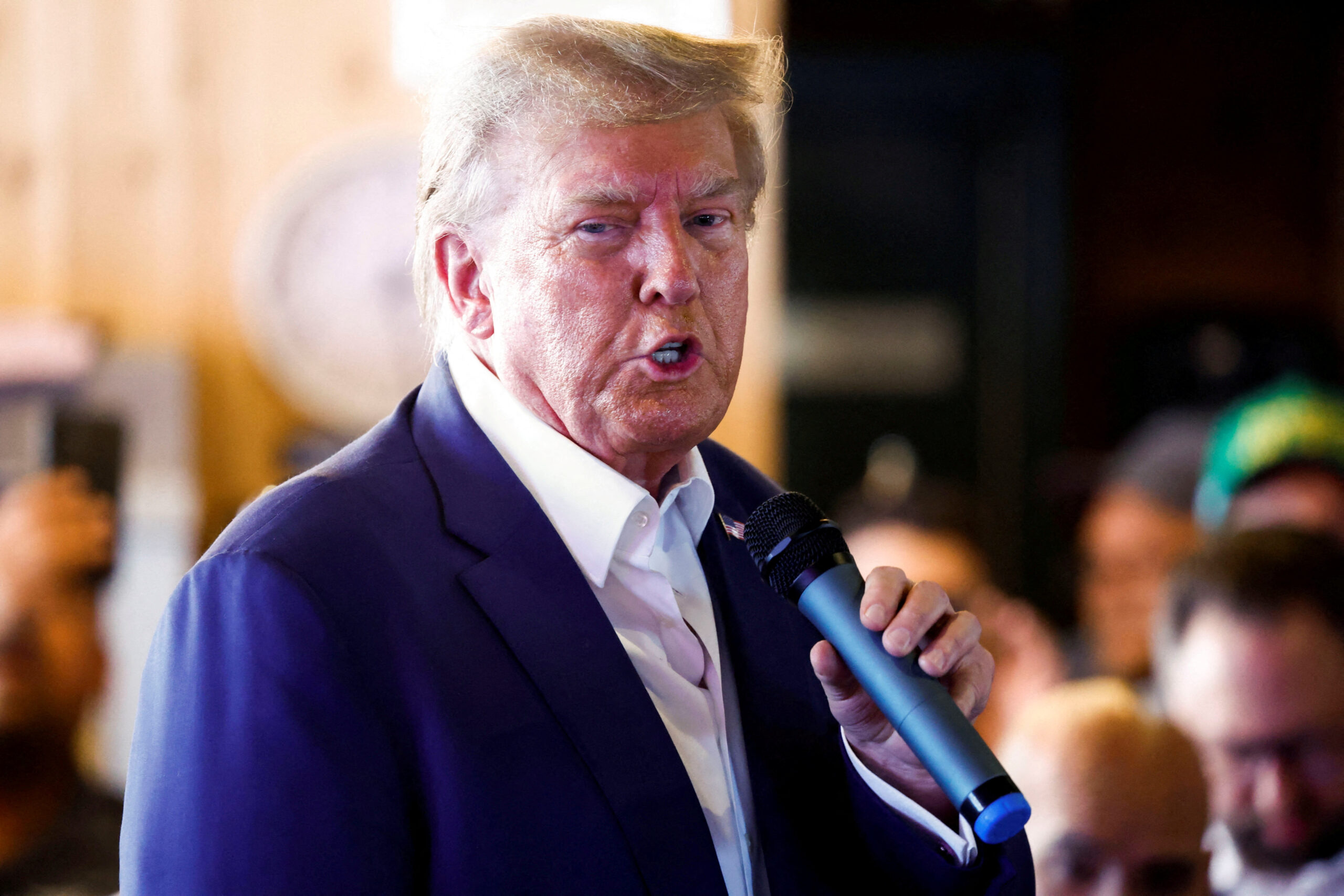Donald Trump has indicated if the Republican does not win the presidential election on November 5th, he will claim that the polls were rigged, a chorus he repeated after he lost to Joe Biden in 2020. In Michigan in September, the former president said at a rally, “If I lose—it’s possible. Because they cheat.”. That’s the only way we’ll lose because they cheat.” His refusal to accept the possibility of winning an electoral victory for his Democratic opponent, Kamala Harris, could bring the United States into political chaos, with what already is an increasingly divided nation.
Before that, in 2020, Trump had refused to concede defeat after the election, which spawned lawsuits and pressure on officials to overturn the results, even going so far as the infamous January 6th riot at the Capitol. This time around, however, Trump is not in the chair of the presidential levers. But he has been preparing all along, positioning himself for a contest of the election outcome should Harris be declared the winner. Strategies could include lawsuits and challenges to court decisions, debasing the election’s legitimacy.
Several new federal and state laws have been enacted since 2020 aimed at countering the prevention of interference in elections. Still, the possibility that Trump’s more inflammatory rhetoric can destabilize the country remains very real. Once Trump cries foul again, widespread protests or legal battles might erupt across the country beyond Election Day.
Both camps expect a few days to pass before the votes can be counted fully due to mail-in ballots and other factors. That would present the perfect window of time to waste for a declaration of victory on fraud allegations, especially if it appears Harris is destined to win. He has even promised to jail election officials on “reckless conduct” if he perceives malpractices. This rhetoric and direct communication by Trump with his supporters through social media might raise public concern over the election process.
Expectedly, the Trump campaign is adopting this rhetoric. The campaign surrogate, Karoline Leavitt, seemingly echoed his stance and acted on it when she said, “President Trump has been obvious that we must have a free and fair election.” Harris’s campaign, on the other hand, has remained silent over the controversy and avoided a frontal collision with Trump’s lies.
In battleground states that are supposed to decide this election, the Republican National Committee has already filed over 100 preemptive lawsuits to challenge the vote count before it happens. While many of these filings lack evidence, they claim that many non-citizens will vote in huge numbers. The party will send trained Republican poll watchers to make sure nothing slips through the cracks of voting and counting, which makes voting rights activists shiver with fear of disruption.
While the legal underpinning is stronger than at any point since 2020, election law observers note that Republican allies—both state lawmakers and judges—could try to hold up the certification of election results in critical states. Georgia has given local officials unprecedented powers to conduct their investigations into voting, which could lead to bad-faith efforts to challenge election results.
While battles will rage in the courts, Congress has the last word. New reforms enacted after the 2020 election bar the vice president—Harris, in this case—from voiding state results, a step Trump implored Mike Pence to take in 2020. If the results are challenged, Congress will need overwhelming support from both houses to overturn a state’s vote count.
However, the threat of civil disturbances persists. Senseless allegations by Trump would lead to violent riots similar to the January 6th event. The experts believe that this time around, right-wing militant groups are less likely to organize and riot violently. Still, election workers are facing increased threats, and violent protests in battleground states are very possible.
As Trump’s rhetoric worsens, the US has a potential big reason to fear and worry that it may continue or worsen the perilous post-election period, which once experienced splitting the already fragile state of American democracy.
For more reporting like this, please follow Newsdecensored on your favorite social media sites and bookmark the website. Thank you for your interest and support.















